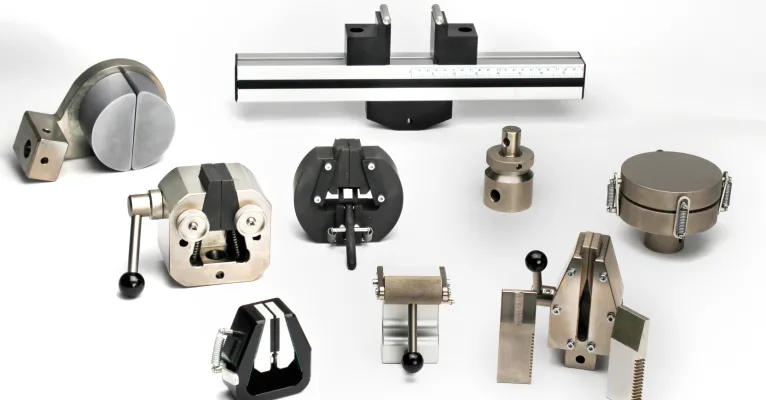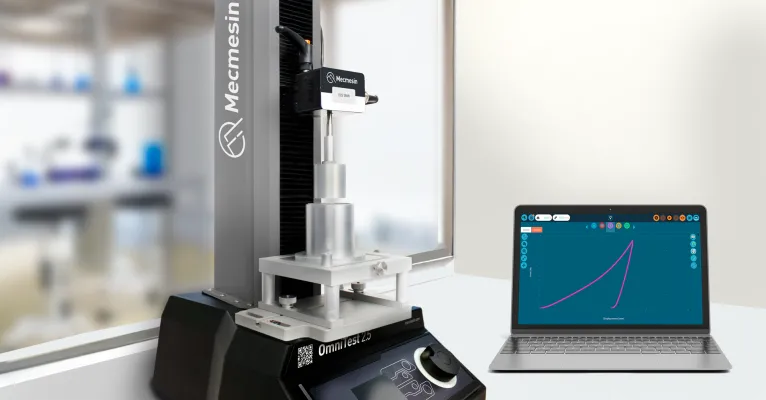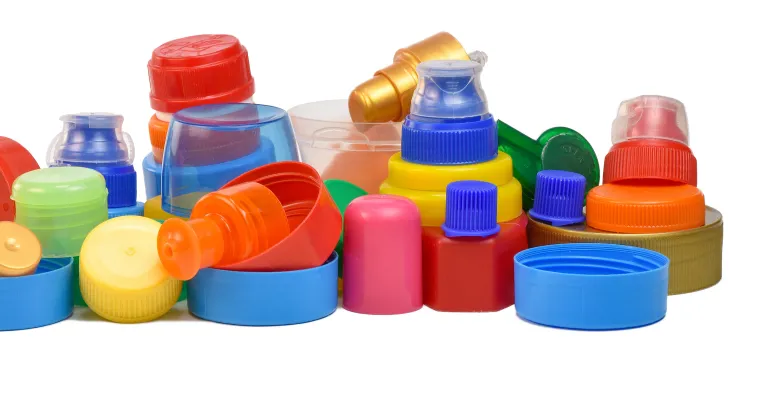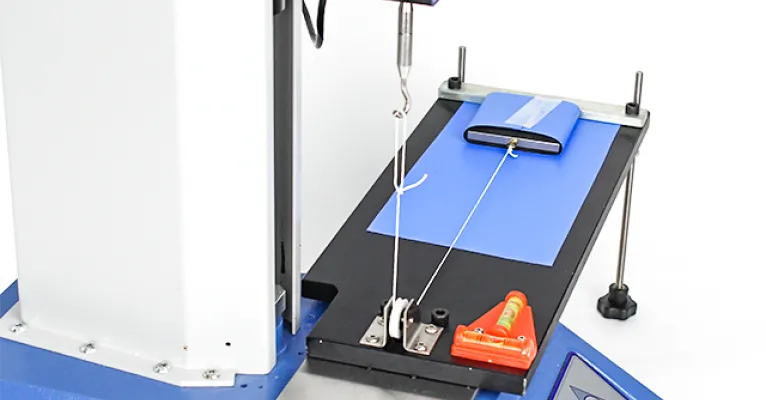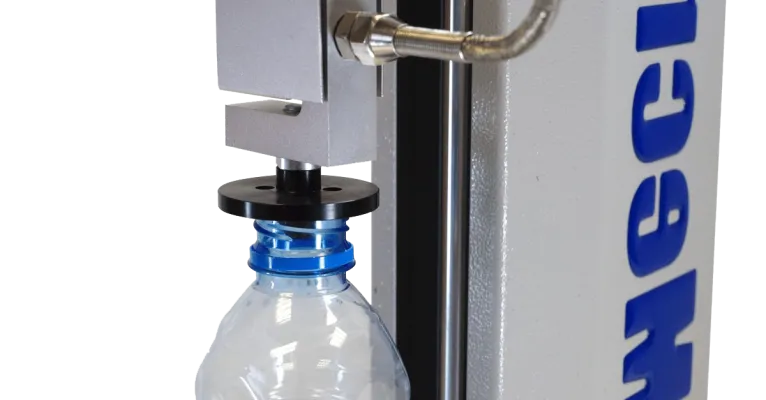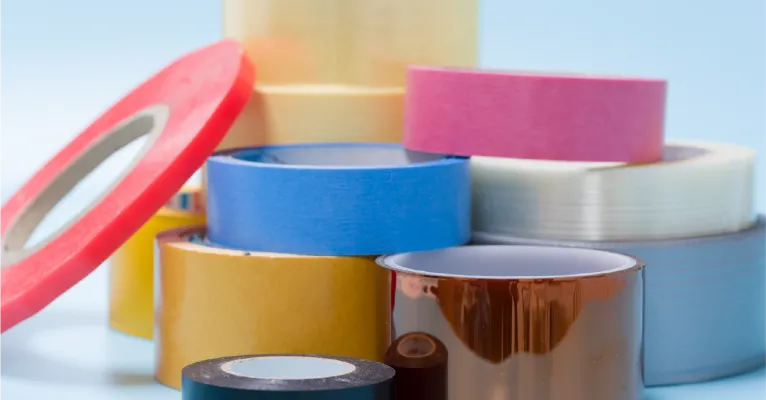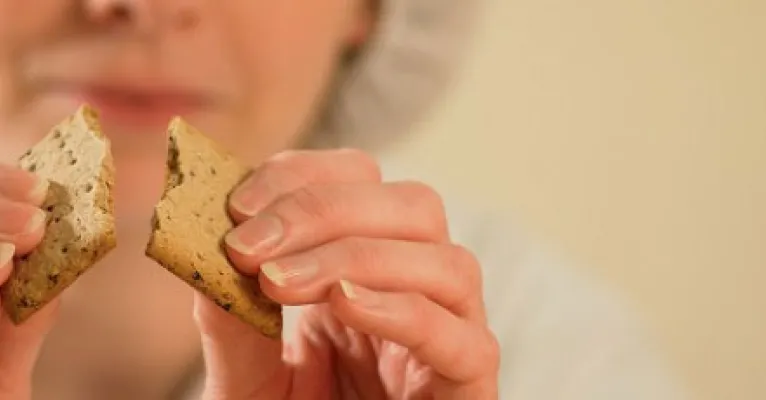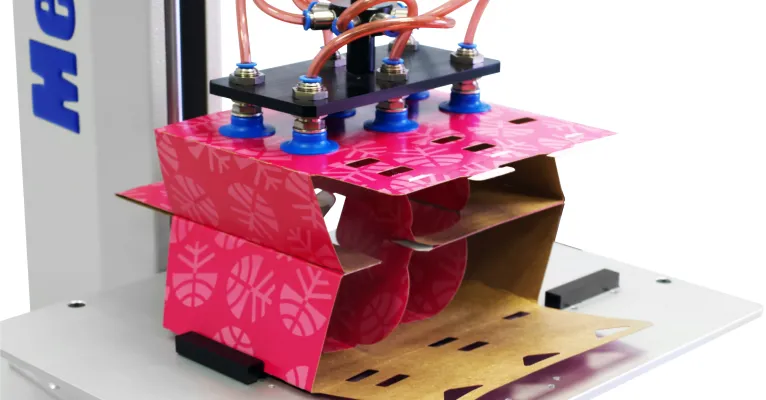For a test to work, the test system needs to properly interface with its specimen. This highlights the importance of grip and fixture selection.
When physically testing a material or component, the ability to apply load to a test specimen is important - but having the ability to apply that load correctly is just as crucial.
Grip selection can make or break a test, as an incorrectly gripped specimen will yield invalid results.
In addition to the repeatability and consistency of the test system, one should make certain that
- Grips and fixtures do not allow the specimen to slip
- Ensure the specimen does not move, wiggle, shake or wobble during the test, and
- See to it that all operators fixture the specimen the exact same way every time.
This webinar will focus on the importance that grip and fixture selection has on your test results, as well as some of the most commonly used grips and fixtures and applications they’re used in.
Understanding what grip or fixture to use (and why) is critical to getting the most accurate measurements. We’ll also briefly touch on custom- and 3D-printed grips & fixtures.
What we'll discuss in this webinar:
- Critical elements of repeatability and consistency
- Importance of grips & fixtures in testing
- What to use & why
- Compression testing grips, plate and probes
- Troubleshooting common issues
- Tensile testing grips and fixtures
- Troubleshooting common issues
- Custom and 3D printed Grips & Fixtures
Who will find this of interest?
- Force and Materials Testing Engineers & Managers
- Quality Managers
- Production Managers
- R & D Engineers
- Manufacturing Managers
